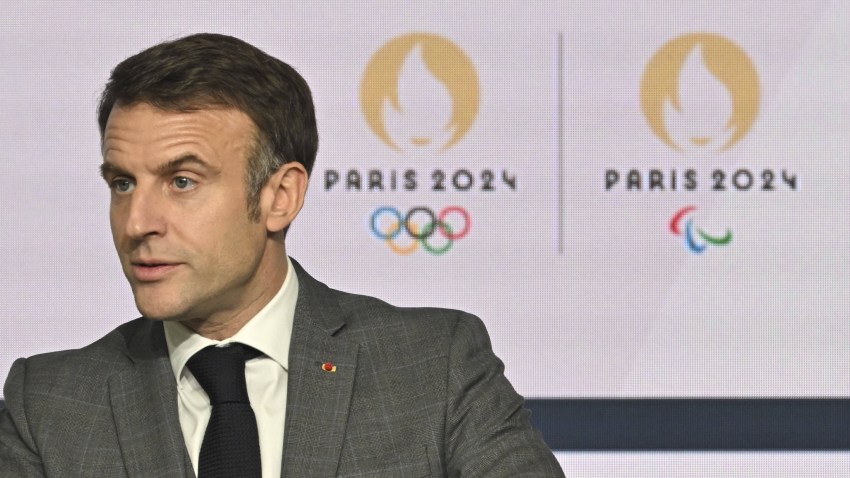The most important thing to understand about the location of the 2024 Olympic Games is that, for all intents and purposes, Paris was chosen as the host city by default. The French capital was one of five cities initially announced as candidate cities by the International Olympic Committee, or IOC. One by one, however, three of them dropped out: Rome due to financial concerns, Budapest and Hamburg because of public backlash to their bids.
That left only Paris and Los Angeles in the running when the IOC announced its decision in September 2017. Fearful of the emerging narrative that the burdens of hosting the Games outweigh the benefits, the IOC broke with precedent and declared the host cities for the next two Olympics at the same time—Paris in 2024 and Los Angeles in 2028.
IOC officials were right to be concerned. Over the past decade, stories about the ballooning budgets for the Olympics, often paid for by taxpayers, have become commonplace. So, too, have photos of the “white elephant” stadiums left behind and reports about the mistreatment of locals, particularly residents of low-income neighborhoods moved involuntarily to make room for development. Ahead of the most recent Summer Olympics in Tokyo, headline after headline reinforced the impression that hosting the Games is simply not worth it anymore, if it ever was.

